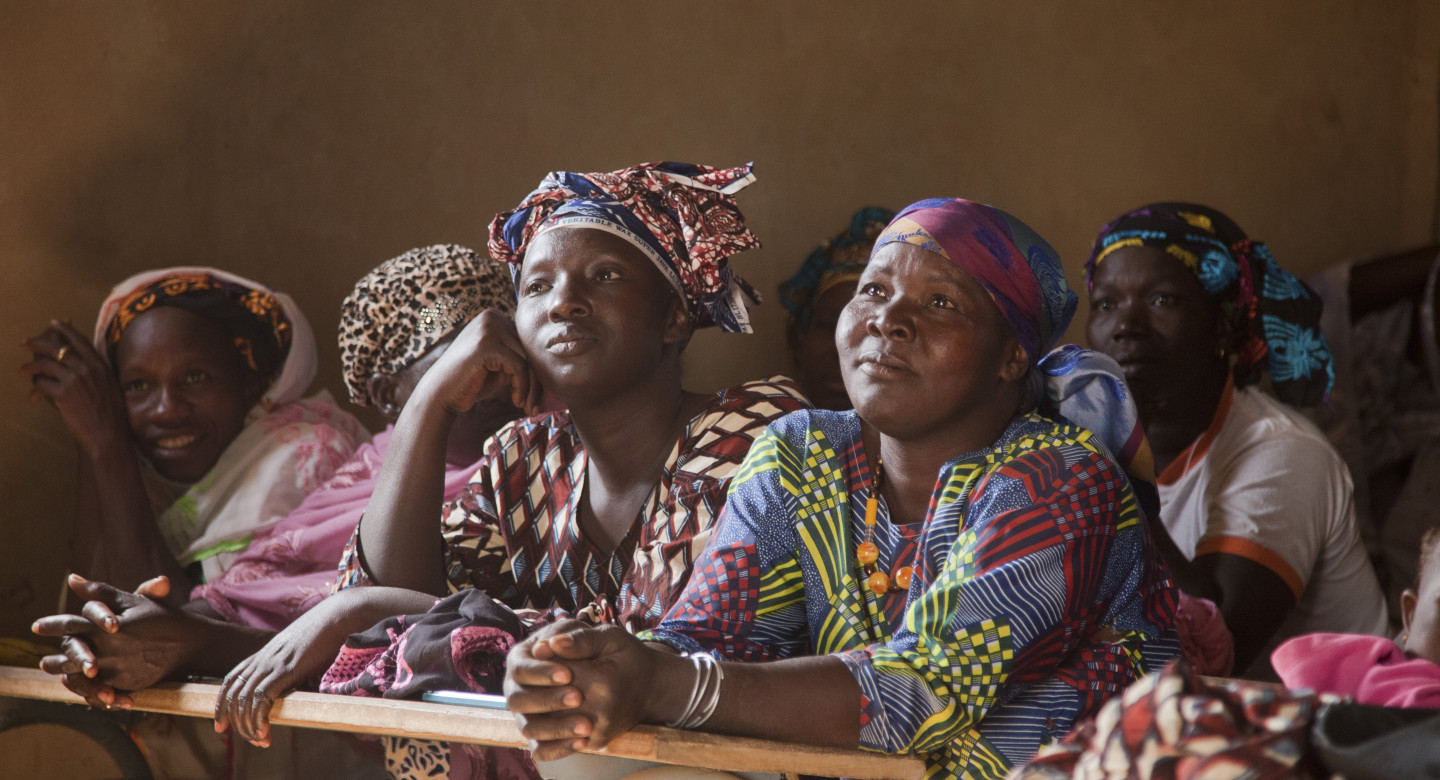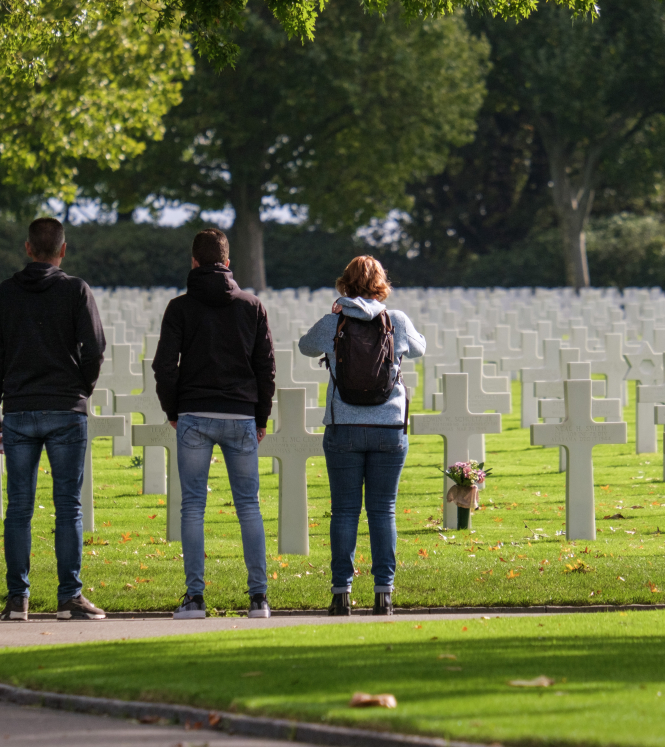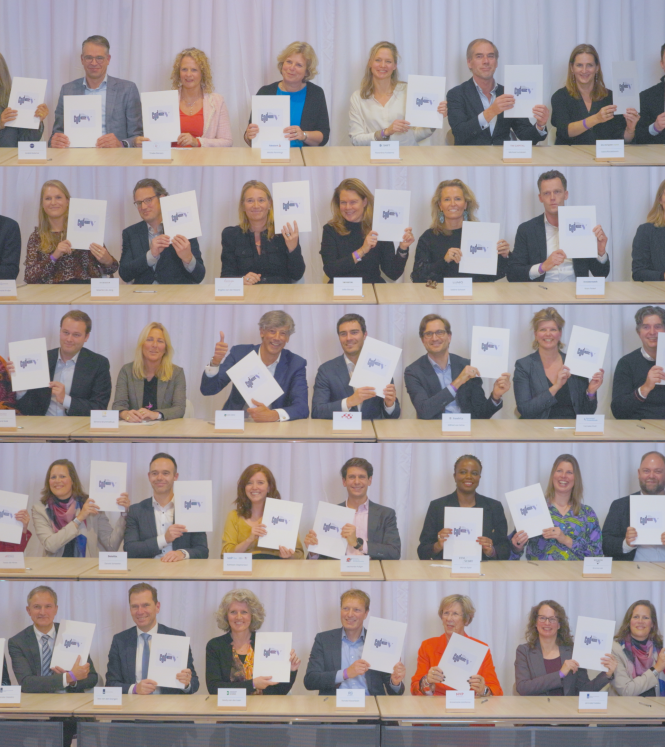

Promoting education and sexual health for girls
As the COVID-19 pandemic spread across the world, it has forced schools to close on a massive scale in 185 countries. This has left 89% of pupils and students worldwide out of school. As a result, 1.5 billion children and adolescents are missing their education, half of them girls. Ebola epidemics in the past have shown that when schools close, adolescent girls are at higher risk of sexual exploitation, female genital mutilation, pregnancy and forced marriages.
Out of the 743 million girls out of school, 111 million live in countries where it was already difficult for them to get an education due to war, poverty and gender disparities. Once girls get pregnant there is almost no chance that they will resume their studies. Plan’s Living under Lockdown report warns that under the COVID-19 pandemic, girls are once again at risk. Plan International and UNESCO say adolescent girls are disproportionately affected by dropping out and this further entrenches the gender gap in education and later in employment opportunities. Dutch organisation Plan International has been campaigning for over 80 years for children’s rights and equality for girls, focussing among other things on sexual and reproductive health and rights.
Working together for women's rights
The Netherlands advocates women's and girls' rights by drawing attention to the rights and position of women and girls worldwide. When necessary the Netherlands speaks out on equality and against child marriage and violence against women and girls. In cooperation with like-minded EU countries, the Netherlands promotes the economic and political participation of women, for example, by targetting women for microfinance and investing in girls' education.
Access to sexual health services
In addition to the closure of schools, restriction of movement due to lockdown measures make it more difficult for adolescent girls to access sexual and reproductive health and rights (SRHR) information and services. At the same time, funds and attention are being diverted to combatting the pandemic. There are also reports of states seeking to ban or restrict abortions due to the pandemic. This is also putting girls’ lives at risk as pregnancy in adolescent girls comes with a higher risk of complications and death. During the Ebola crisis, there was a 75% increase in maternal mortality over just 18 months. Research in Kenya by Plan indicates 45% of severe abortion complications occurred in adolescent girls.
"The participation of women in the economy is just smart, and the economic benefits are proven."
Recognising importance of abortion rights
Last September, Dutch organisation SheDecides launched its #WhyAbortionWhyNow campaign for a right to safe abortions in solidarity with the International Campaign for Women’s Access to Safe Abortion. The stigma surrounding the issue and the fact that underage girls have to seek permission from their parents to access an abortion leads to increases in illegal abortions. She Decides was set up in 2017 by then Dutch Foreign Trade and Development Cooperation Minister Lilian Ploumen.
SheDecides believes that it is ultimately up to girls and women “what to do with her body, with her life and with her future. Without question”. Now the organisation wants a woman’s right to decide to become the new normal. Time magazine recently recognised the importance of access to safe abortions when it listed Dutch abortion campaigner and doctor Rebecca Gomperts in its list of top 100 influential people.
The United Nations Population Fund (UNFPA) estimates that disruption to SRHR programmes will lead to an extra 13 million child marriages in the next 10 years, 2 million female genital mutilation cases over the next decade, 7 million unintended pregnancies over the next six months. It is calling for continuity in SRHR services, action to prevent gender-based violence and harmful practices and access to contraceptives, particularly for adolescent girls.
Gender Parity
If we are to leave no-one behind, the wellbeing and health of women and girls have to be at the heart of the economic recovery. The socio-economic impact of the pandemic is felt hardest by the most vulnerable. Failing to act now will impact their futures and widen the educational and economic gap between men and women. Economies and societies with better gender parity are already known to thrive, but COVID-19 could put the struggle to achieve parity back decades. That is why, in spite of the pandemic and perhaps even because of it, measures to increase access to SRHR services have to be accelerated now in order to build back better.
In a video message, Minister of Foreign Trade and Development Cooperation Sigrid Kaag has announced 1 million euros government support for SheDecides in 2021.




